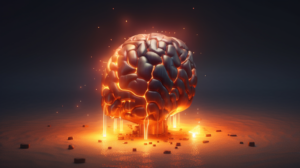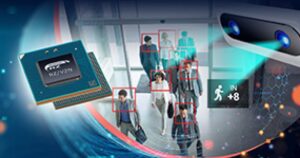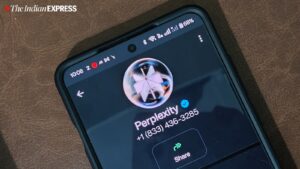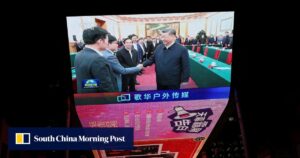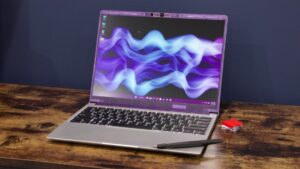Korean Music Organization Prohibits Copyright Registration for AI-Generated Songs
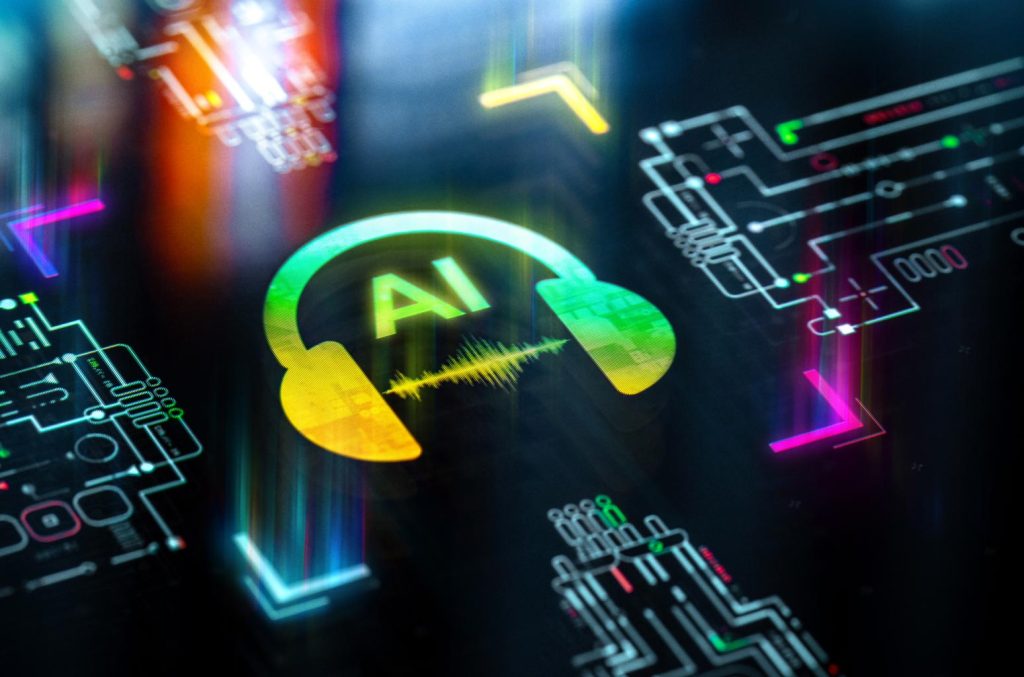
KOMCA’s Stance on AI-Created Music
As artificial intelligence (AI) becomes more influential in the music industry, South Korea’s main music copyright organization, the Korea Music Copyright Association (KOMCA), has made a definitive decision: it will not accept registrations for music created with AI. This policy began on March 24 and has sparked significant discussions about AI’s increasing role in the songwriting process.
No AI in Music Registration
In a statement published on its website, KOMCA explained that it is currently unable to manage AI-generated content due to the absence of specific legal frameworks. The organization decided to stop registering any songs that involve AI at any level, whether it is composing melodies, writing lyrics, or contributing in any other way.
Requirements for Song Registration
From now on, any new song registration must include a self-declaration confirming that AI was not involved in the song’s creative process. This declaration has to be checked on the registration form. Providing false information in this declaration can lead to serious repercussions, including:
- Delayed royalty payments
- Removal of songs from the copyright registry
- Possible civil or criminal liabilities
KOMCA has stated that it only recognizes songs solely created by humans. If AI contributes even 1% to a song, that song becomes ineligible for registration. This strict policy has been established as a temporary measure until clearer legislation or guidelines are made available.
The Role of KOMCA
KOMCA represents over 30,000 members, including songwriters, lyricists, and publishers. The organization manages the copyright for more than 3.7 million musical works by renowned artists such as PSY, BTS, EXO, and Super Junior.
It’s important to note that KOMCA’s policy primarily impacts the initial stages of music creation, namely composition and lyric writing. This means that high-profile K-pop companies like HYBE, which utilize AI to generate vocals for existing tracks, are not immediately affected by this ruling.
Comparison with Government Policies
While South Korean government policies do acknowledge partial copyright protection when there is some human creativity involved, KOMCA’s guidelines are notably stricter. The organization requires a complete lack of AI involvement in a song for it to receive legal protection.
This decision comes amid growing global discussions regarding the copyrightability of art created by AI. In the United States, for example, a federal court recently upheld a ruling denying copyright registration for a piece designed entirely by an AI called Creativity Machine. The U.S. Copyright Office maintains that only works created by humans can be copyrighted, although it does allow copyright protections when AI acts merely as a tool under human supervision.
Concerns from Copyright Officials
Shira Perlmutter, the U.S. Register of Copyrights, has expressed concern that permitting copyright for machine-generated creative elements could undermine the original intent of copyright laws.
The Ongoing Debate in the Music Industry
As AI tools become more advanced and widely available, KOMCA’s policy highlights an ongoing dilemma in the music industry: determining where to draw the line between creative assistance from AI and actual authorship. This discussion raises crucial questions about the future of songwriting and the ownership of creative works in an increasingly digital world.

